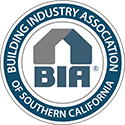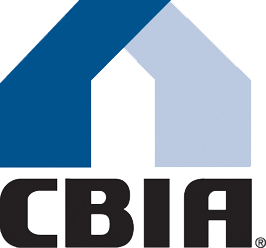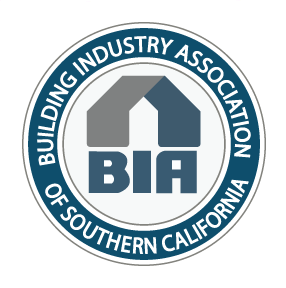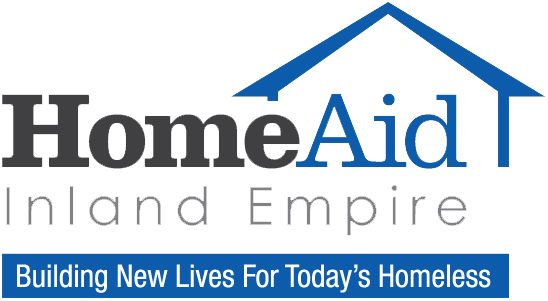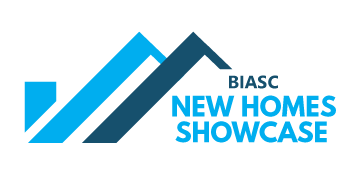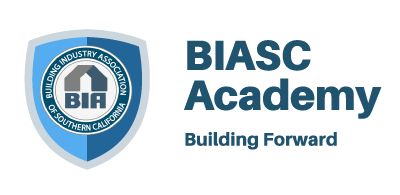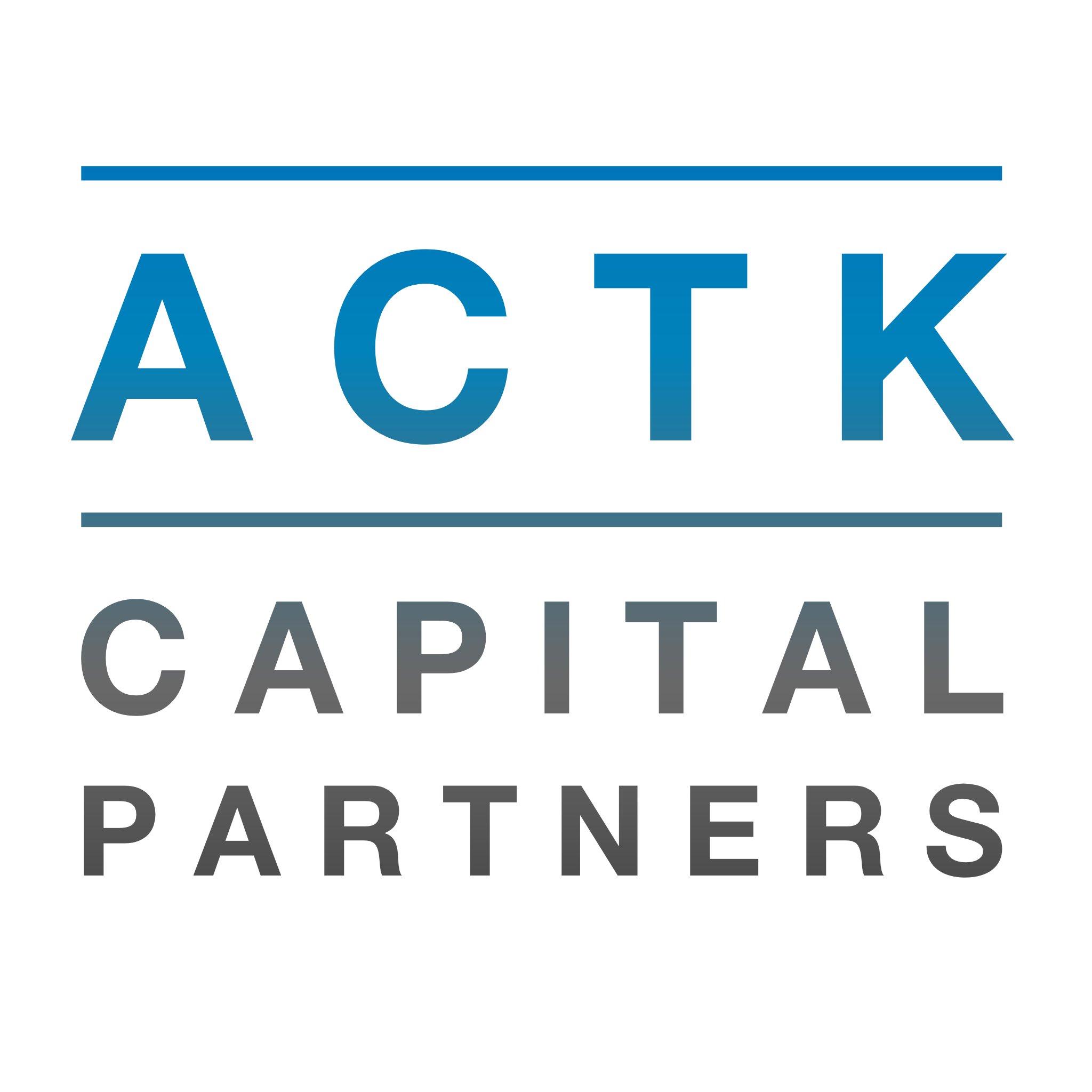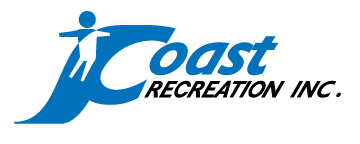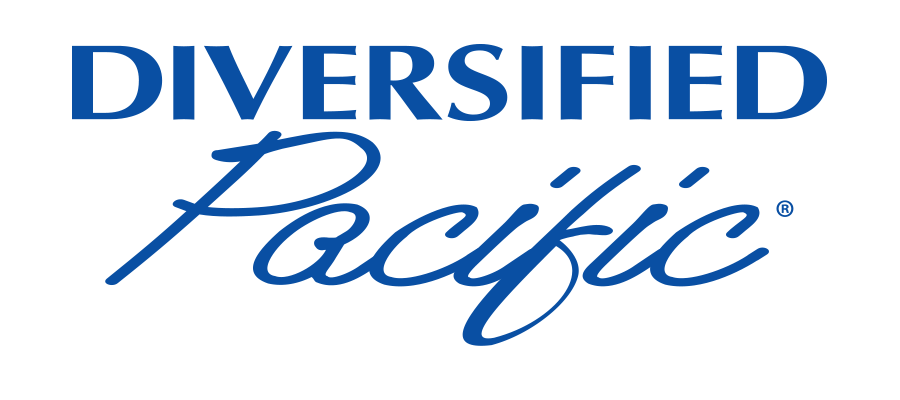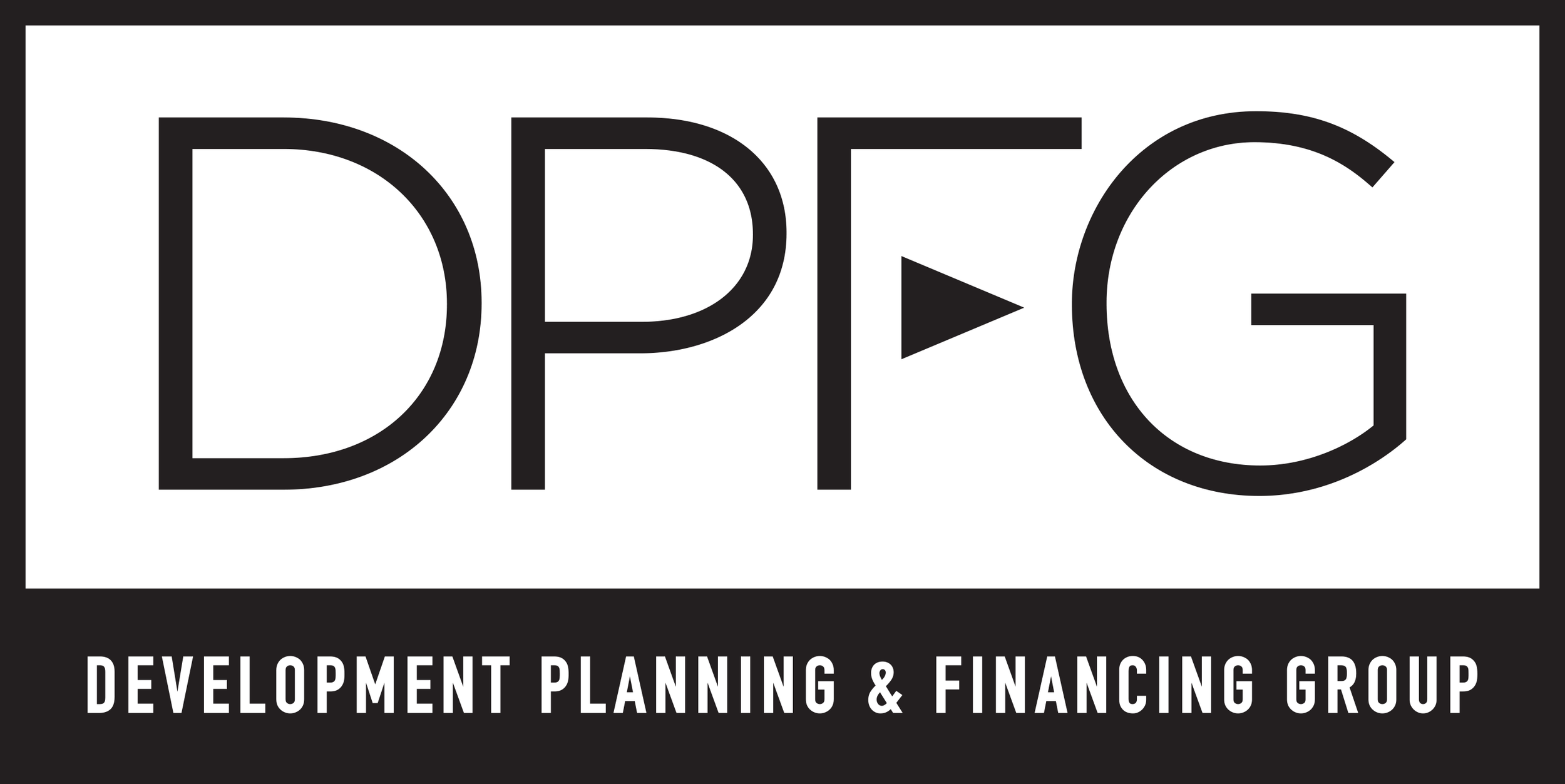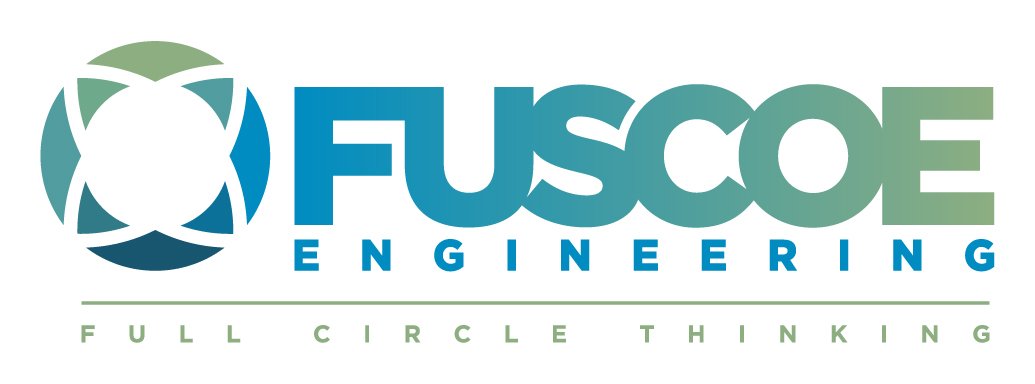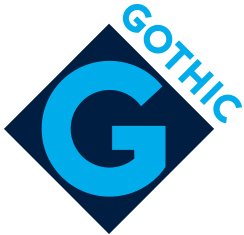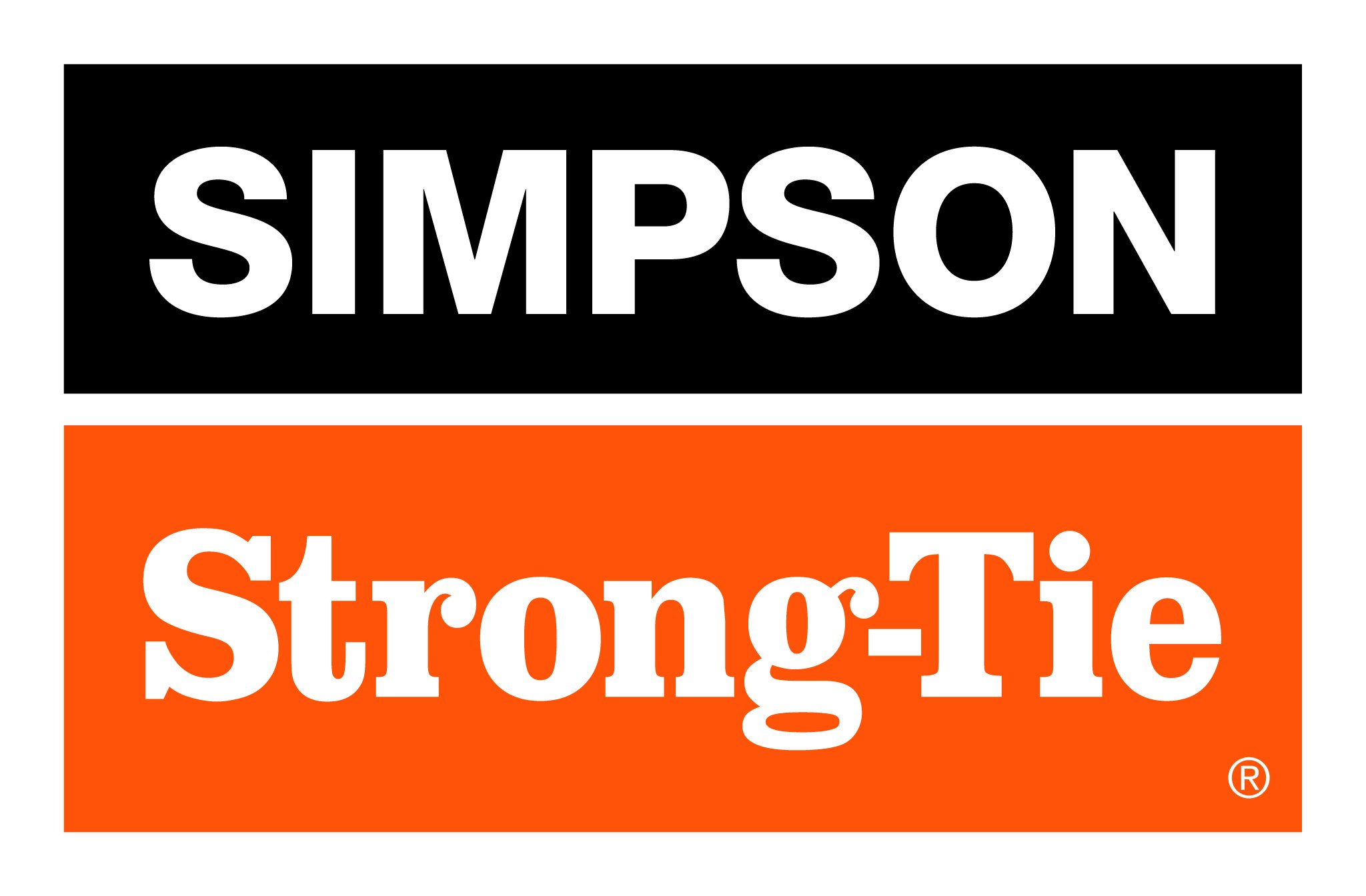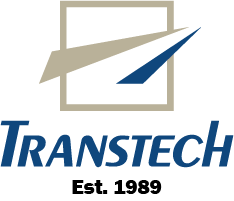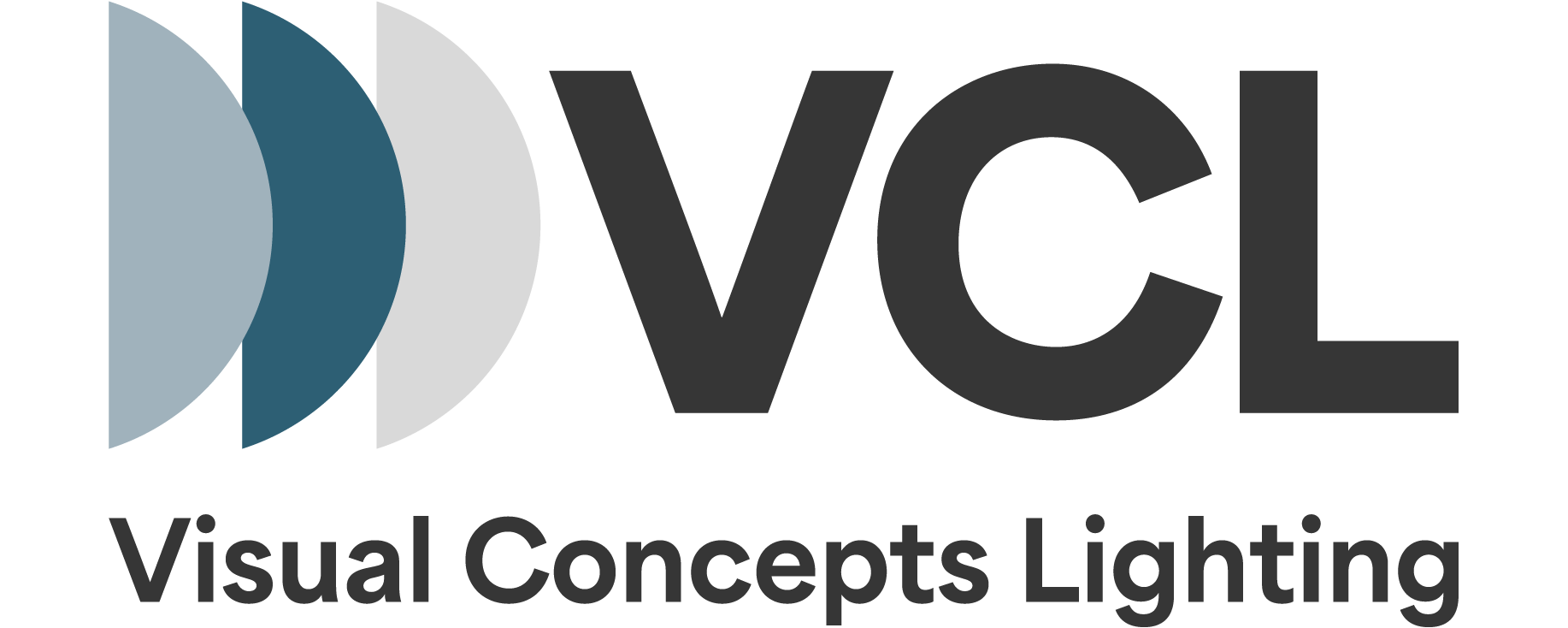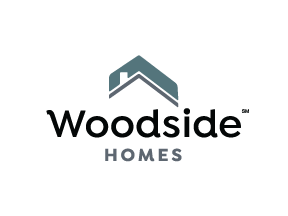Photo by Helloquence on Unsplash
by Phillip B. Burum, DR Horton,
President, Building Industry Association (BIA) Baldy View Chapter
America celebrates National Homeownership Month in June because it takes an entire month to cover some of the biggest benefits homeownership offers to homeowners, their communities and the economy. Among the most important economic benefits an individual can attain through homeownership are tax benefits.
From tax breaks for home-based businesses, deductions for the interest on mortgage loans and real estate taxes to capital gains exclusions for sales of a principle residence; homeownership offers a wide variety of tax benefits available only to homeowners.
Arguably the most important of these tax benefits is the Mortgage Interest Deduction or MID. According to the National Association of Home Builders (NAHB), homeowners who itemize their federal income tax deductions can deduct 100 percent of their mortgage interest payments on a first or second home for up to $1 million of mortgage debt. The Mortgage Interest Statement Form 1098, which homeowners receive from their lenders, shows the total amount of home mortgage interest paid during the year. Since the bulk of the interest paid occurs in the early years of the mortgage, this translates to a major benefit for homeowners.
Other major tax benefits include:
• The Real Estate Tax Deduction which allows homeowners to deduct state and local real estate taxes on an owner-occupied home;
• The Capital Gains Exclusion.
• The Residential Energy Efficient Property Credit - a tax incentive for installing alternative energy upgrades in a home. While some of these credits expired last year, two credits are still available for solar electric and solar water heating equipment through December 31, 2021.
In addition, homeowners should inquire as to other possible deductions available after installing certain specific home improvements to meet medical needs or enable aging-in-place. These improvements can include wheelchair ramps, grab bars, widening doorways, lowering electrical fixtures or cabinets or even stair lifts.
The government also offers tax breaks to encourage and assist homeowners who will be working or operating businesses from their home. For this, the United States Department of the Treasury Internal Revenue Service at www.irs.gov offers Publication 587 - Business Use of Your Home (Including Use by Daycare Providers) which enables homeowners to determine what costs can be deducted from their taxes and provides an informative guide to claiming deductions.
This publication can help the homeowner determine the layout of the workspace or office and what percentage of the overall square footage of the home it will occupy. That percentage of the home’s overall expenses such as mortgage interest, real estate taxes, homeowners' insurance, utilities and maintenance - as well as an allowance for depreciation – may be deductible. The space doesn't have to be the principle place of business or a place to meet with customers but must be dedicated to operating the business. Today’s tax rules provide special exceptions for daycare providers and for storage of inventory.
Because the home is the biggest and best investment most Americans will make in their lifetimes and because no one should ever take my advice on tax preparation, homeowners should always consult with a certified tax professional before filing. This is especially important now with the proliferation of tax filing software and the significant changes due to the recent Tax Cuts and Jobs Act (TCJA), for the tax years 2018 through 2025.
The federal government may have challenges getting things right sometimes and, with the current state of partisan politics, it is hard to imagine anything new getting done at all. Regardless of all other disagreements and whatever side of the isle you currently reside on, every honest and informed person and politician knows that homeownership benefits communities, both economically and socially. For that reason, the American federal government has adopted policies and regulations that encourage homeownership. Many of these policies come in the form of tax benefits so, as a homeowner, approach every detail of your personal tax preparation in the same manner you would any investment or business.
The BIA Baldy View Chapter seeks to advance the opportunity to attain the American Dream of home ownership. For additional information on home buying or the benefits of homeownership, go to www.biabuild.com on the web.
*****
